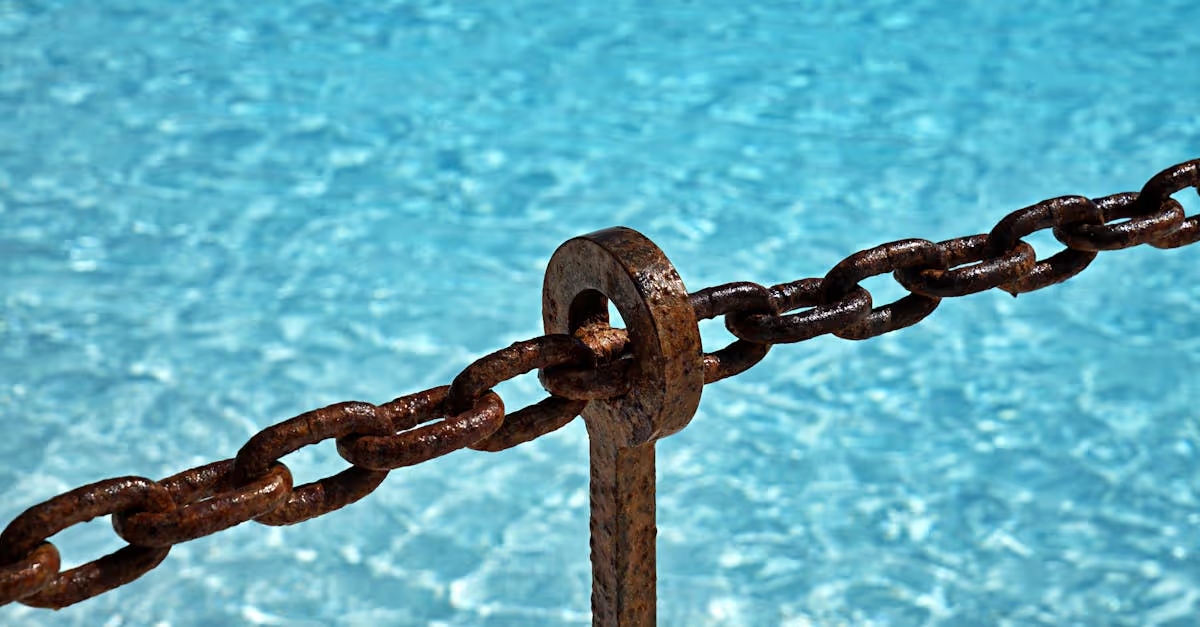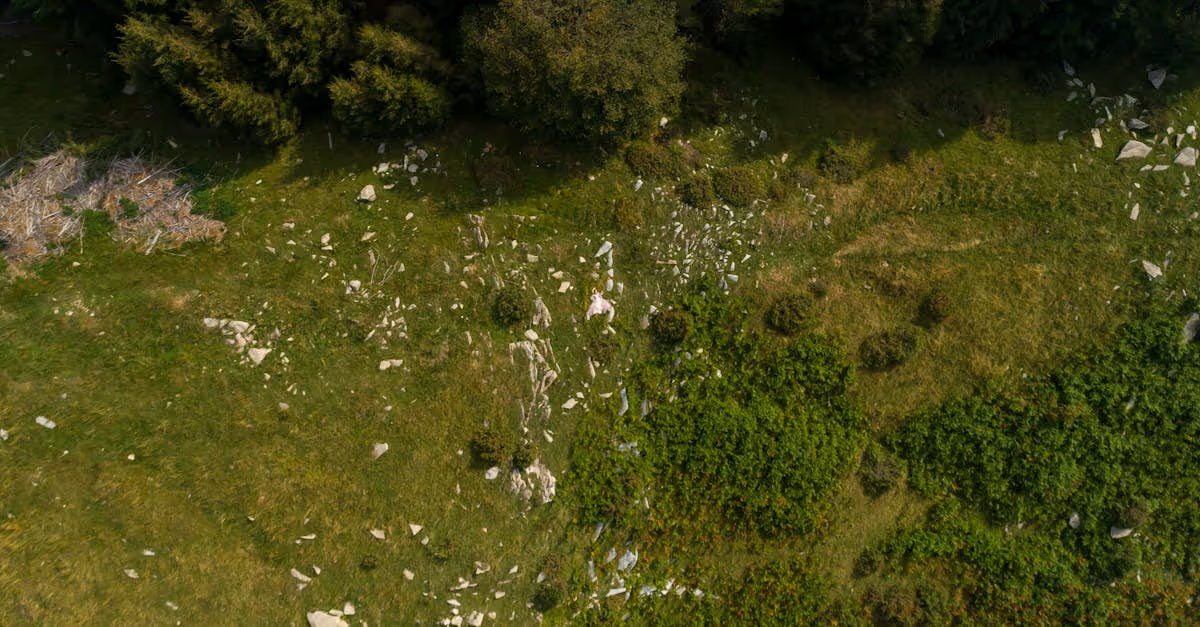Key Takeaways
- Understanding Pool Heaters: Familiarize yourself with the three main types of pool heaters—gas, electric, and heat pumps—to select the best option for your needs.
- Critical Winterization Steps: Ensure you turn off the heater, drain all water, and clean the unit to prevent damage from freezing temperatures.
- Prevent Costly Repairs: Proper winterization mitigates the risk of expensive repairs that can exceed $1,500, saving you money in the long run.
- Maintenance for Efficiency: Regular checks and cleanings can enhance the heater's efficiency, reducing operational costs come spring.
- Utilize Insulation and Covers: Insulating pipes and using a protective cover for your pool heater further safeguard against harsh winter conditions and boost energy efficiency.
As temperatures drop and winter approaches, it’s crucial to protect our pool heaters from the harsh elements. Did you know that improper winterization can lead to costly repairs, sometimes exceeding $1,500? By taking the right steps now, we can save ourselves from headaches and expenses later.
Understanding Pool Heaters
Understanding pool heaters helps us appreciate their role in our swimming experience, especially during colder months. Proper care during winterization prevents costly repairs and ensures enjoyable swims when temperatures rise.
Types of Pool Heaters
Pool heaters fall into three main categories. Each type serves different needs and preferences.
- Gas Heaters: Gas models heat water quickly and efficiently. These units rely on natural gas or propane, making them ideal for those who need immediate warmth.
- Electric Heaters: Electric options are often more energy-efficient for smaller pools. They provide consistent heating over time but might struggle in colder climates.
- Heat Pumps: Heat pumps utilize ambient air temperature to heat water. They operate more like refrigerators, pulling warmth from the air, making them cost-effective for long-term use.
Understanding these options helps us choose the right heater based on our pool usage and location.
How Pool Heaters Work
Pool heaters operate through a simple yet effective process.
- Circulation: Water flows from the pool into the heater.
- Heat Transfer: In gas heaters, the combustion of fuel generates heat. Electric heaters use resistance coils to warm the water. In heat pumps, the ambient air heat is absorbed and transferred to the water.
- Return: Heated water returns to the pool, maintaining a pleasant swimming temperature.
Grasping how these heaters function helps us better maintain and winterize them. Knowing the basic mechanics allows us to make informed decisions, protecting our investment against winter damage.
Importance of Winterizing Pool Heaters
Winterizing our pool heaters proves essential as temperatures drop. Proper care now saves time and money later.
Preventing Damage
To prevent damage, making a few adjustments is vital. First, close the gas valves—both inside the heater and the brass ball valve on the gas line. This simple step stops gas buildup and avoids dangerous situations. We can avoid costly repairs that often reach over $1,500 due to neglect. Additionally, draining the water from the heater prevents freezing and cracking. By taking these precautions, we keep our pool heaters safe and sound all winter long.
Cost Savings
Cost savings come from winterizing our heaters properly. When we winterize, we maintain the heater's efficiency, minimizing wear and tear. An efficiently running heater means lower operating costs come spring. We dodge potential repair bills, allowing us to invest in pool accessories or summer barbecues instead! Regular maintenance checks also pay off. They reduce the likelihood of emergency service calls. Thus, keeping our heaters in top shape leads to significant savings. And who doesn't love saving a little extra cash during the holidays?
Steps to Winterize Pool Heaters
Winterizing pool heaters is vital for protecting our investment. Let's dive into the critical steps we must take to avoid damage during the cold months.
Turn Off the Heater
We start by powering down the heater. Locate the gas valve near the unit. Turn it to the "off" position; if there's a pilot light, make sure to extinguish it. This step is crucial for preventing gas buildup and keeping our family safe. We usually find two valves: one inside the heater and a brass ball valve on the gas line. Both must close to eliminate any risk. Then, if our heater requires electricity, we need to turn off the electrical breaker too. Last, we position the ON-OFF switch on the control panel to the OFF position. This keeps the heater from operating while it's chilly outside.
Drain the Heater
Next, draining water from the heater prevents freezing and cracking. Look for the drain plugs or valves, typically found at the bottom or sides of the heater. Open these valves and let all the water flow out. If any water remains, it could expand and cause damage when temperatures drop. It's smart to drain the heater completely, taking a moment to double-check every corner, ensuring no unwanted surprises await us when spring rolls around.
Inspect and Clean
Lastly, we inspect and clean the heater. We check for any debris or dirt that might have collected around the unit. A clean heater runs more efficiently and lasts longer. Additionally, checking for any signs of rust or wear helps us address issues before they escalate. If we find damaged parts, replacing them now can save us future headaches. We take this opportunity to clean parts as needed. Keeping our heater well-maintained not only protects our pool but also enhances our enjoyment during those sunny days ahead.
Additional Tips for Winterizing
Taking extra precautions when winterizing pool heaters can make a big difference in preventing damage. Here are some helpful tips to consider.
Covering the Pool Heater
Covering our pool heater is crucial during winter. A good cover protects against debris, moisture, and the cold. It acts like a cozy blanket, shielding the heater from harsh weather. For the best results, opt for a cover that fits snugly and lasts against the elements. Checking the cover regularly ensures it stays in place and offers maximum protection. Using a cover also helps keep dirt out, which can decrease efficiency when the pool is ready for use again.
Insulation Options
Exploring insulation options helps us maintain our heaters’ performance. Insulating pipes connected to the heater prevents them from freezing. Foam pipe insulation sleeves are easy to install and resistant to moisture. Insulating the area around the heater is helpful too. Applying fiberglass insulation or using insulation blankets can create a barrier against the cold. This not only protects but also improves energy efficiency, saving money as we prepare for warmer months. If we notice any signs of wear and tear on the insulation, addressing them promptly promotes longevity.
Conclusion
Taking the time to winterize our pool heaters is essential for safeguarding our investment and ensuring a hassle-free swimming experience when warmer weather returns. By following the outlined steps and tips, we can effectively prevent costly damage and extend the life of our heaters.
Regular maintenance and proper winterization not only minimize repair costs but also enhance the efficiency of our heating systems. As we prepare for the cold months ahead, let’s commit to these practices and enjoy peace of mind knowing our pool heaters are ready for the seasons to come.
Frequently Asked Questions
Why is winterizing pool heaters important?
Properly winterizing pool heaters prevents damage from freezing temperatures. Neglecting this process can lead to costly repairs, often exceeding $1,500. By winterizing, you protect your investment and ensure the heater operates efficiently when warmer weather returns.
What are the main types of pool heaters?
There are three primary types of pool heaters: gas heaters, electric heaters, and heat pumps. Gas heaters heat water quickly using natural gas or propane. Electric heaters are energy-efficient but may struggle in colder climates. Heat pumps use ambient air temperature for long-term, cost-effective heating.
How do pool heaters work?
Pool heaters operate through a simple process: they circulate water from the pool, heat it using gas or electricity, and then return the warmed water to the pool. Understanding this process is essential for effective maintenance and winterization.
What are the steps to winterize a pool heater?
To winterize a pool heater, turn off the heater and gas valves, drain all water from the unit, and clean it thoroughly. Inspect for any signs of rust or wear, and consider covering the heater and insulating connected pipes for added protection.
How can I save money on pool heater maintenance?
Regular maintenance checks can minimize emergency repairs and enhance efficiency. By winterizing the heater, covering it, and insulating pipes, you can reduce wear and tear and save money for other summer activities while ensuring optimal heater performance.






